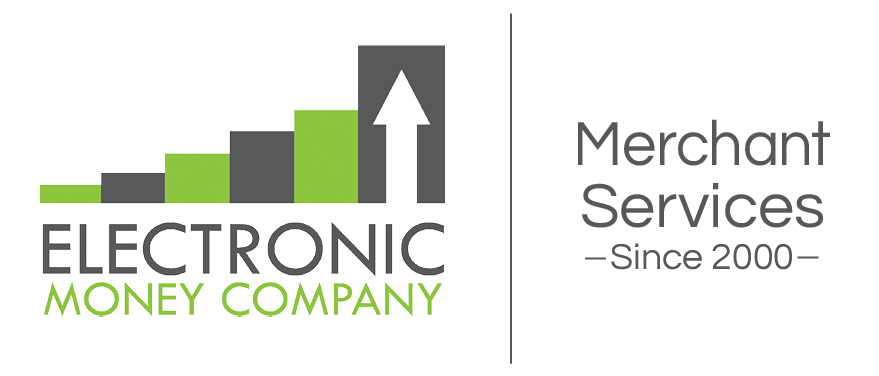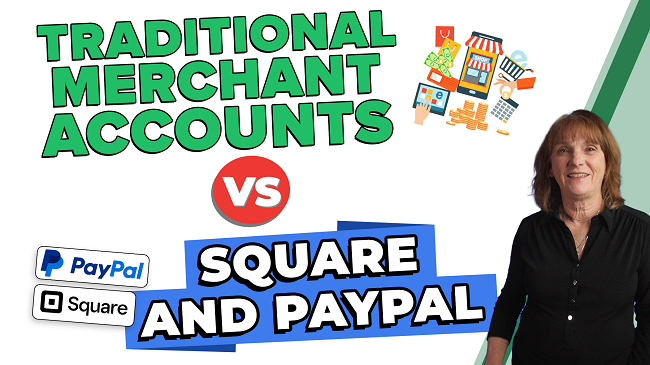Navigating the world of payment processing involves distinguishing between traditional merchant accounts and payment aggregators like Square or PayPal. I’m Gingergaye, President of Electronic Money Company Merchant Services, I’m here to shed light on these two distinct methods of accepting payments, each with its unique characteristics and advantages.
Traditional Merchant Accounts vs. Payment Aggregators
In essence, the primary contrast between traditional merchant accounts and payment aggregators lies in the level of customization, pricing structures, and onboarding requirements.
Let’s begin with payment aggregators like Square and PayPal. These platforms offer a shared processing infrastructure, wherein multiple businesses utilize the same account, often termed an aggregator account. This stands in stark contrast to traditional merchant accounts, where each business acquires its unique account, granting it a separate merchant identification number (MID) and recognition as an independent entity by the payment processor.
The onboarding process with aggregators tends to be faster and more straightforward. They require less documentation and undergo fewer underwriting requirements, facilitating a quicker setup for smaller businesses and individuals entering the payment processing arena. Conversely, traditional merchant accounts necessitate an underwriting process involving credit and background checks, which may extend the approval duration based on industry specifics or payment methods.
Customization and Pricing Structures
Payment aggregators generally offer less customization and control, opting for standardized fees for all users. Their simplified, flat-rate pricing structure is convenient but slightly higher, compensating for the uniformity and ease of sign-up.
On the other hand, traditional merchant accounts provide businesses with a higher degree of customization, enabling them to negotiate rates, implement specific payment tools, and enjoy greater flexibility with payment gateways and processing hardware. However, these accounts typically involve more complex pricing structures, including interchange fees, processing fees, and monthly service fees, which are negotiable based on factors like processing volume and card type.
Handling Chargebacks and Reporting
When it comes to managing chargebacks, payment aggregators lack the mechanism to assist merchants in winning back disputed funds, resulting in potential loss. Conversely, traditional merchant accounts equip merchants with support lines to navigate chargeback procedures effectively and prevent potential losses.
Moreover, payment aggregators don’t offer transaction-specific reporting, deducting fees from each transaction before depositing funds into the merchant’s account. Traditional merchant accounts, however, provide monthly statements for reconciling credit card deposits with bank accounts, aiding in bookkeeping and financial reconciliation.
Customer Support
Traditional merchant processors extend comprehensive customer support, accessible 24/7/365, assisting merchants with transaction queries, equipment troubleshooting, and other concerns. In contrast, payment aggregators generally lack dedicated customer support lines, requiring merchants to seek information on their websites.
Choosing the Right Method
The decision between traditional merchant accounts and payment aggregators hinges on the business’s size, specific needs, and desired level of control and customization. Traditional merchant accounts offer competitive rates but require more complexity upfront, suitable for businesses seeking greater control. Meanwhile, payment aggregators provide a simpler, standardized solution, ideal for smaller businesses seeking quick and straightforward payment processing solutions.
Understanding these differences is pivotal for businesses seeking the ideal payment processing solution. If you have any further queries or require assistance, feel free to contact us at 505-296-2847. We’re here to help navigate your payment processing needs effectively.
Stay up to date with our latest videos and merchant services tips, make sure to subscribe to our YouTube channel by clicking the link here: https://bit.ly/3oqnz7Z

